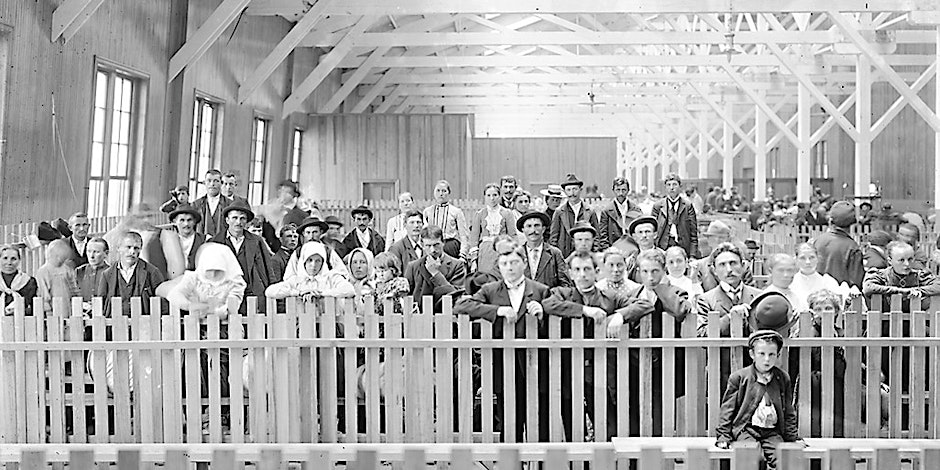It is a little known fact of our history that Baltimore served as America’s third largest port of entry during the Great Wave of Immigration from 1830 to 1924, when 1.5 million immigrants first set foot on American soil in our city. They included people from all over Europe, including Germans, Irish, Jews, Poles, Lithuanians, Czechs and Italians, who established neighborhoods, as well as churches, schools, cultural and philanthropic societies, which eased the transition from their old country. Ethnic savings and loans extended mortgages to their compatriots, enabling them to purchase modest rowhouses, with percentages of homeownership as high as 75% for some groups. In the 1920s, Congress passed restrictive immigration laws, prompting the Great Migration. Thousands of people from the rural South and Appalachians, both Black and white, journeyed to Baltimore to find work in Baltimore’s industries. In 1965, Congress liberalized our immigration laws, and immigrants from Latin America and Asia settled in our country and in our region. The Baltimore Immigration Museum, located in a building which was an immigrant boarding house in Locust Point, celebrates the rich diversity of those who made the lengthy journey to our region.
Meet the Speaker
Nicholas Fessenden earned a B.A. in History at Yale, and an M.A. and Ph.D in 1972 from Columbia University, also in History. He taught History in the Upper School at Friends School of Baltimore (1972 – 2010), as well as History at Maryland Institute of Art (1981 – 2000) as an adjunct. Since retirement in 2010, he has taught at CCBC/Owings Mills and at the Osher Institute at Towson University. He serves on the board of the Baltimore Immigration Memorial, which opened a museum in Locust Point two years ago, chronicling Baltimore’s immigration history. We at the museum have welcomed visitors from the public at large, as well as from schools, colleges, universities, retirement communities and genealogical societies.

